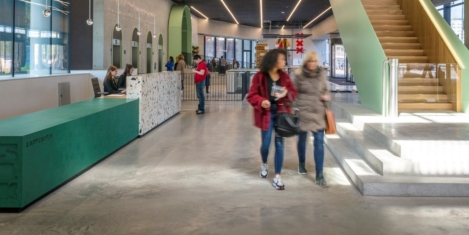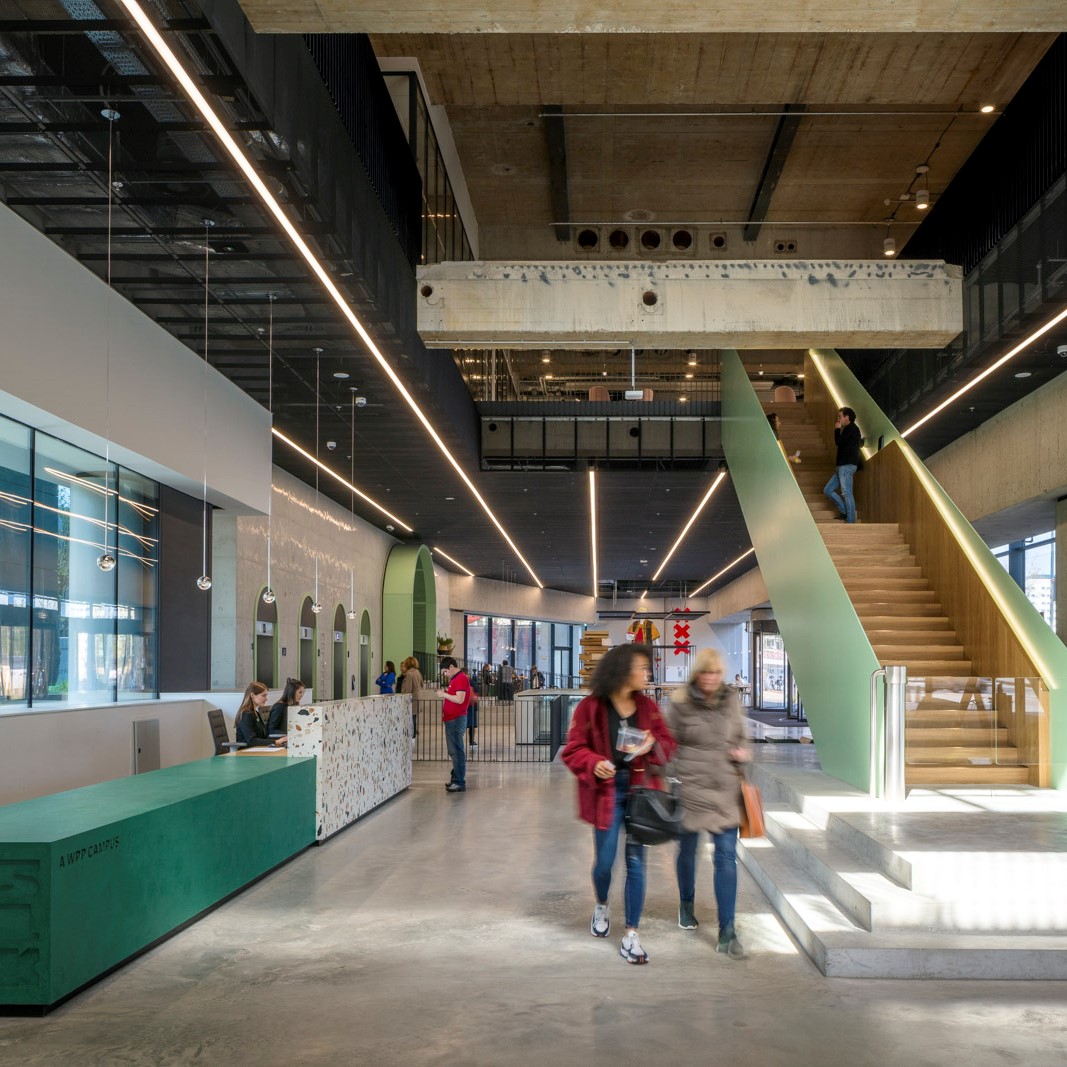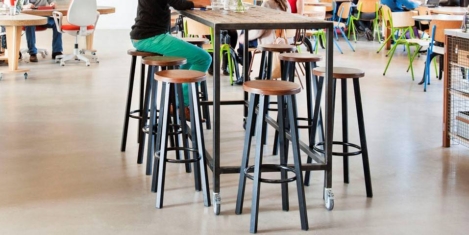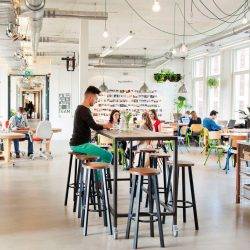To provide the best experiences, we use technologies like cookies to store and/or access device information. Consenting to these technologies will allow us to process data such as browsing behaviour or unique IDs on this site. Not consenting or withdrawing consent, may adversely affect certain features and functions.
The technical storage or access is strictly necessary for the legitimate purpose of enabling the use of a specific service explicitly requested by the subscriber or user, or for the sole purpose of carrying out the transmission of a communication over an electronic communications network.
The technical storage or access is necessary for the legitimate purpose of storing preferences that are not requested by the subscriber or user.
The technical storage or access that is used exclusively for statistical purposes.
The technical storage or access that is used exclusively for anonymous statistical purposes. Without a subpoena, voluntary compliance on the part of your Internet Service Provider, or additional records from a third party, information stored or retrieved for this purpose alone cannot usually be used to identify you.
The technical storage or access is required to create user profiles to send advertising, or to track the user on a website or across several websites for similar marketing purposes.
 A report from Moo claims that people are wasting time by waiting for all attendees to arrive at or dial-in to meetings. Engaging in small talk with colleagues and tackling technology followed closely behind. The findings include the claims that nearly half of British workers spend up to ten minutes trying to find a meeting room on average, and around the same number spend up to 15 minutes waiting for other attendees to arrive or dial-in.
A report from Moo claims that people are wasting time by waiting for all attendees to arrive at or dial-in to meetings. Engaging in small talk with colleagues and tackling technology followed closely behind. The findings include the claims that nearly half of British workers spend up to ten minutes trying to find a meeting room on average, and around the same number spend up to 15 minutes waiting for other attendees to arrive or dial-in.













 A significant proportion of the global population is concerned about the use of artificial intelligence (AI), with scepticism about its use by business greater than its use by government, a poll published by the
A significant proportion of the global population is concerned about the use of artificial intelligence (AI), with scepticism about its use by business greater than its use by government, a poll published by the


 For decades the trend among workplaces has seen employees moving out of individual offices and into open plan spaces. This has not always been successful, with the open-plan approach
For decades the trend among workplaces has seen employees moving out of individual offices and into open plan spaces. This has not always been successful, with the open-plan approach 
 The use of technology to support communication and collaborative working in an increasingly digital and flexible world is something many of us recognise. However, a global study released today by
The use of technology to support communication and collaborative working in an increasingly digital and flexible world is something many of us recognise. However, a global study released today by 











July 5, 2019
Closing the gender pay gap needs more than final ideas of Theresa May
by Sarah King • Comment, Workplace